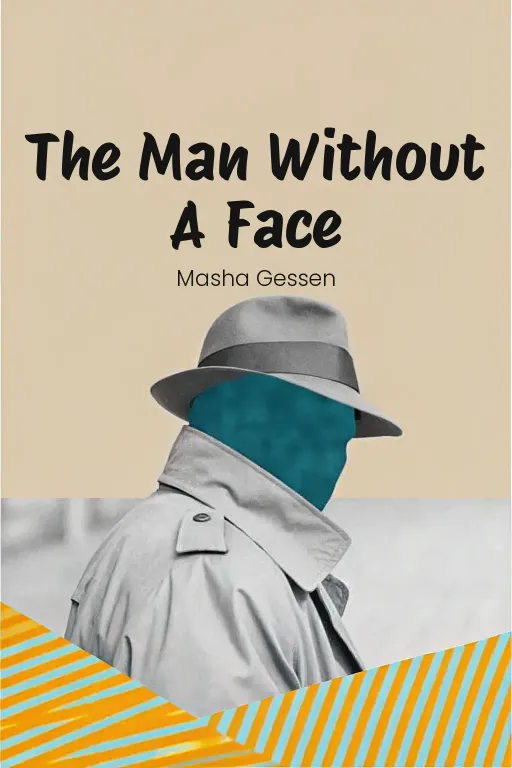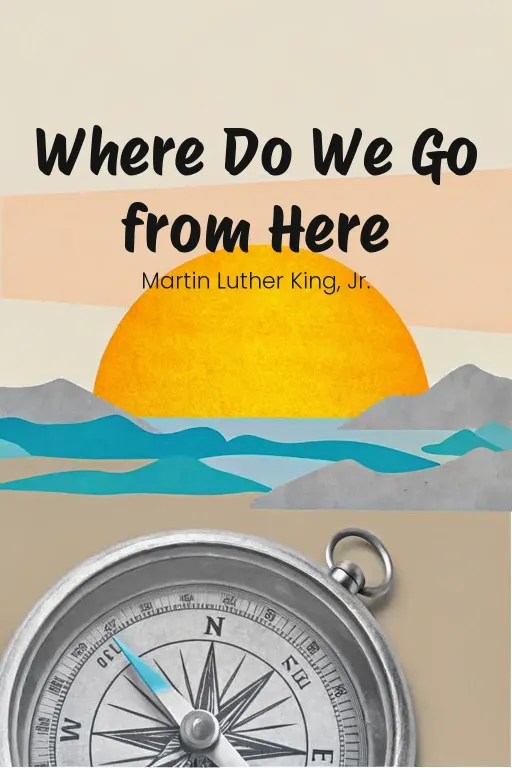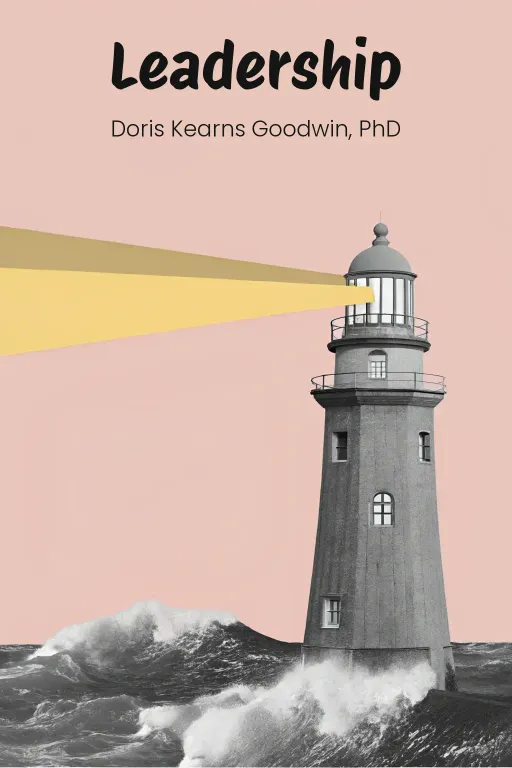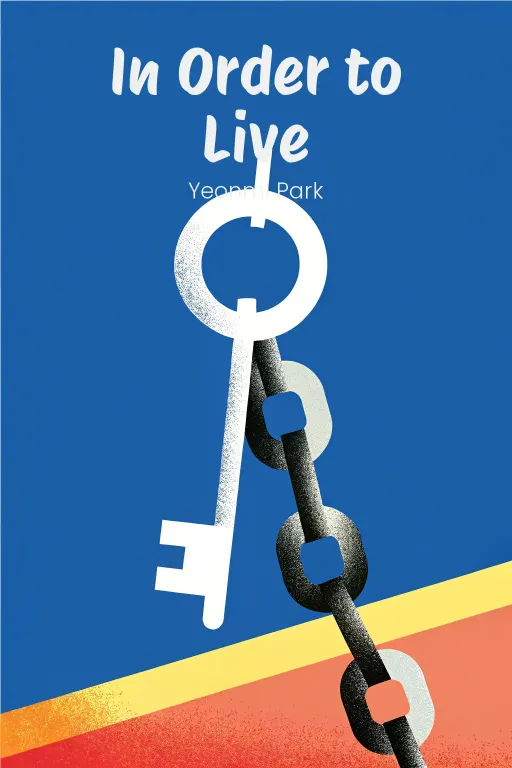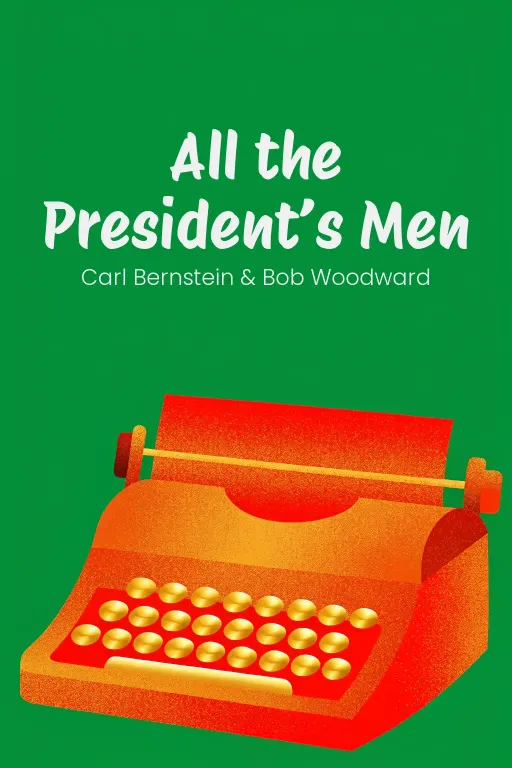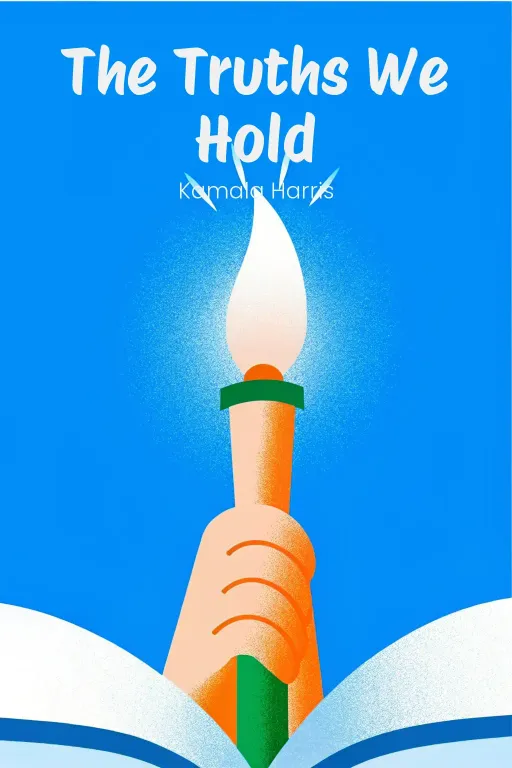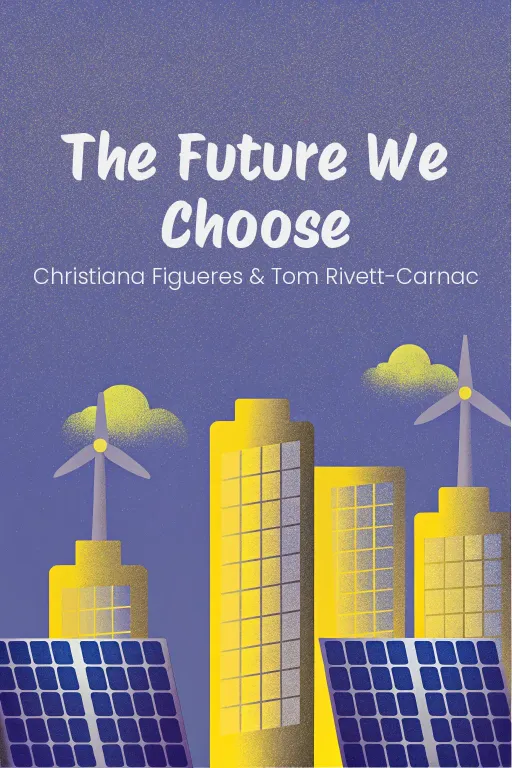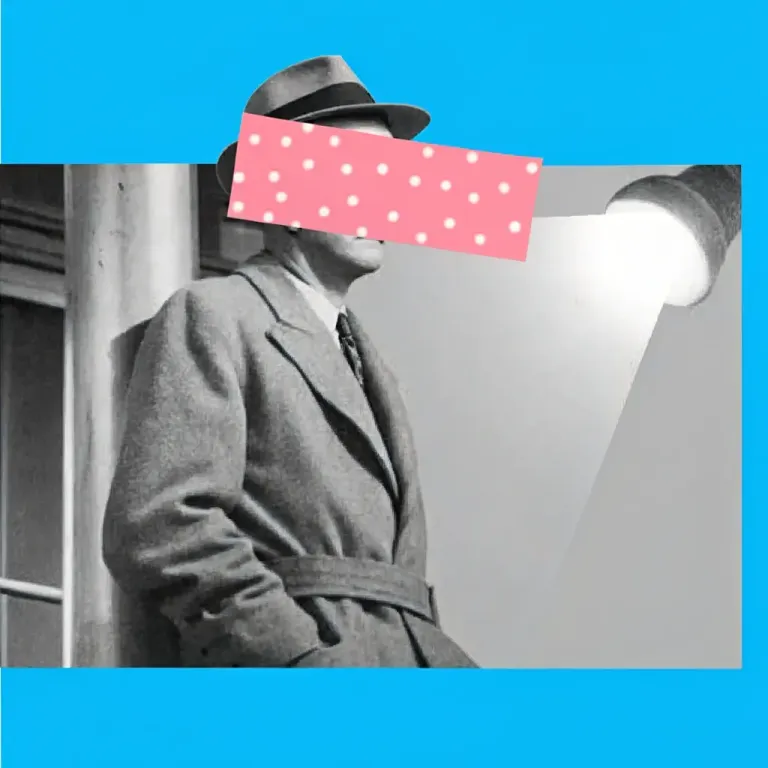
Putin's Rise: How Fear Swallowed Freedom
Podcast by Civics Decoded with Thomas and Grace
The Unlikely Rise of Vladimir Putin
Putin's Rise: How Fear Swallowed Freedom
Part 1
Thomas: Hello everyone, and welcome! Today, we’re diving into a really fascinating, and honestly, quite disturbing, political ascent. Grace: So, Thomas, here’s a question to kick us off. How exactly does a guy who seems totally lacking in charisma, who’s never won a popularity contest, and whose main skill seems to be shuffling papers, end up running one of the most powerful countries on the planet? That's what we're trying to understand today. Thomas: We’re talking about Masha Gessen's “The Man Without a Face: The Unlikely Rise of Vladimir Putin”. It's not just a biography; it’s a really sobering look back at Russia’s very fragile experiment with democracy. Gessen walks us through the collapse of the Soviet Union and paints this chilling picture of how a nation’s hope for real freedom was basically hijacked by this unassuming, former KGB officer. Grace: Right, Gessen doesn’t pull any punches. We're talking about shady deals done behind closed doors, those old KGB ties coming back to haunt everyone, protests being manipulated, and this slow suffocation of freedom all disguised as stability. It’s a playbook we've unfortunately seen used before, but it’s still horrifying to witness. Thomas: Exactly, and today, we’re going to dissect it in three parts. First, we’ll look at how the complete chaos after the Soviet Union fell—this vacuum that was filled with powerful oligarchs and these really unstable, experimental political systems—created the perfect conditions for someone like Putin to step in. Then, we'll examine the steps of his calculated rise, starting with his time as a loyal, if unremarkable, bureaucrat in St. Petersburg. And finally, we'll get into the authoritarian tactics that have really defined his rule—the propaganda, the violence, and ultimately, the undoing of democracy as we understand it. Grace: It's like peeling back the layers of a rotten onion, isn't it? Each layer reveals just how much corruption and decay is underneath, until you get to the core and realize the whole thing was designed to fall apart like that. Thomas: That’s it exactly. Gessen isn’t just writing a historical account; they’re sounding a warning. Democracy is fragile, and Putin’s rise is a stark reminder of just how quickly it can all crumble under the weight of fear and unchecked power. So, let’s jump in.
The Fall of the Soviet Union and Early Democratic Efforts
Part 2
Thomas: So, before diving into Putin's story, let’s set the scene. The Soviet Union’s collapse wasn't a clean break; it was a chaotic transition. Think about dismantling a superpower overnight and trying to build a democracy in its place. That's the background we're working with. Grace: And what a mess they inherited! How did Russia go from communism to this weird mix of early democracy and, well, dysfunction? This wasn't just about tearing down statues of Lenin, was it? Thomas: Absolutely not. While the collapse dismantled centralized control, it left behind a lot of the old problems. Bureaucratic structures remained, inefficient and corrupt. But there were also genuine democratic aspirations: grassroots movements, reformist leaders, even free elections. For a while, hope seemed possible. Take Leningrad, for instance. The People’s Front became a driving force for democratic reform locally. Their motto, “An organization that aims to democratize society must itself be democratic,” “really” sums up the spirit of the time. Grace: Bold words… but how easy were they to live up to, I wonder? So, this People’s Front, were they window dressing or the real deal? Thomas: They were the real deal. They were among the first grassroots movements pushing for democratic principles. Members were elected, decisions were debated openly. And leading the charge was Marina Salye. She was a geologist turned politician, and her passion for reform earned her the trust of people who were fed up with Soviet stagnation. She wasn't afraid to challenge power, and that authenticity resonated. Grace: When you say "challenge power," are we talking dramatic moments? Cigarette in hand, rallying a crowd on Nevsky Prospekt? Sounds like a movie scene! Thomas: It does, but it was very real. Salye’s charisma and style electrified people. It wasn't just showmanship, though. The People’s Front tried to embody democratic accountability, holding chaotic but transformative meetings where anyone could propose ideas. Maybe not all the solutions were workable, but it was democracy in action – messy, noisy, and full of potential. Grace: But Thomas, that "messy" part is the key, isn't it? There was democratic energy, but wasn't this also the time of ration cards and ethnic conflicts? It wasn’t ideal for the average Russian, was it? Thomas: No, it wasn’t. The economic situation was terrible. By the late 1980s, food shortages were back. Essentials like sugar, flour, and even vodka were being rationed in cities like Leningrad. Then there were the ethnic conflicts, like in Nagorno-Karabakh, where Armenians demanded independence and faced brutal retaliation. The People’s Front stepped up, organizing protests and aid for displaced civilians. Grace: Right. So while they had inspiring moments, how much could someone like Salye or the Front actually accomplish against such huge odds? I mean, you’ve got Soviet hardliners, economic collapse, and ethnic tensions. Planting flowers during an earthquake comes to mind. Thomas: That’s actually a good analogy. The backdrop was pretty grim. The ethnic conflicts were rampant, and highlighted how fragile the Soviet system really was. People like Galina Starovoitova tried to bridge these divides by focusing on inclusive citizenship and equality. But progress was always fragile. Reformists like her and Salye faced constant resistance, which made it hard to move forward. Grace: And about those elections you were talking about earlier, I can’t imagine the Communist Party easily gave up its power. What were those elections “really” like? Thomas: Groundbreaking, but imperfect. The 1988 election law allowed for competitive candidates. It didn’t end the Communist Party’s control, but it cracked the door open. For the first time, citizens could vote for representatives who weren’t just rubber stamps. The People’s Deputies, a new quasi-parliament formed after those elections, started airing debates on national television. Ordinary Russians were seeing political disagreements live on their screens. It was electrifying—a taste of democracy for the first time. Grace: ""Tangible"" as in you could see it, but not necessarily hold onto it. That fragility you mentioned is key. Did people “really” trust these reforms? Or was it just a distraction from the hardships, like waiting in line for bread? Thomas: There was initial trust, at least in some areas. Many people felt empowered by the debates and the idea of elections. But as food shortages continued and living conditions didn't improve quickly, trust declined and cynicism crept in. Even Anatoly Sobchak, one of the most respected reformist mayors of Leningrad, had his vision of decentralized governance crushed by entrenched bureaucracies. Grace: That's the thing, isn't it? You need working systems for democracy to function. Otherwise, you're just giving people a front-row seat to failure. No wonder people like Sobchak and Salye couldn't keep things going. They were building on quicksand. Thomas: Exactly. The systemic challenges – economic problems, lingering authoritarian tendencies, divided pro-democracy groups – just made things worse. Even among reformists, there were disagreements. Andrei Sakharov, for example, often clashed with allies like Mikhail Gorbachev. With this lack of unity, there was no unified effort to stop the slide back into authoritarianism when democracy faltered. Grace: Which, of course, opens the door for someone like Putin. Out goes messy democracy, in comes the promise of stability—even if it’s wearing a KGB trench coat. A classic trade-off: freedom for order. Too tempting—or coercive—for society to resist. Thomas: Sadly, yes. The problems with the democratic experiment became Putin’s opportunity. People were exhausted – economically, politically, and emotionally. Someone like Putin, who projected stability and control, appealed to that desire for order. But as we’ll see, that "order" came at a steep price.
Vladimir Putin’s Rise to Power
Part 3
Thomas: So, this period of instability, coupled with a sense of hope, really set the stage for someone like Putin to rise. It wasn't inevitable, exactly, but his ascent was definitely opportunistic. I mean, you can see the pattern: from his early days in the KGB, to his political maneuvering under Sobchak and then Yeltsin, and finally, how he consolidated power through controlling the media and stoking public fear. Grace: Opportunistic is an understatement, don't you think? Putin didn't just navigate the chaos; he actually thrived in it. Let's rewind to his early career. The KGB? That's not exactly the path you take if you're passionate about grassroots reform or, you know, democratic principles. Thomas: Exactly. His time in the KGB wasn't exactly glamorous. Mostly bureaucratic stuff, really. He was stationed in Leningrad, and his overseas assignment in Dresden, East Germany, wasn't a career highlight. But when the Berlin Wall fell in '89, he witnessed the collapse of a system he believed in. I mean, imagine watching an entire ideology crumble right before your eyes. That must have left a mark. Grace: Right, it wasn't just disillusionment, was it? I bet there was anger, frustration, maybe even fear of losing control. He wasn't exactly carrying a "power to the people" sign on his flight back to Russia, was he? Thomas: Definitely not. That sense of loss, all that chaos, shaped his later obsession with consolidating power, making sure nothing like that collapse in East Germany ever happened again. After Leningrad, he worked under Anatoly Sobchak. Sobchak was, well, he was everything Putin wasn't: charismatic, reform-minded, a true believer in democracy. And yet, Putin became Sobchak's deputy, handling the unglamorous but essential administrative stuff, building a reputation as this loyal, efficient operator. Grace: Hold on a sec. How does someone like Putin—you know, dry, by-the-book, ex-KGB—become so indispensable to a reformist like Sobchak? They're like oil and water, aren't they? Thomas: It's an interesting dynamic. Sobchak needed someone who could navigate the chaotic post-Soviet bureaucracy while keeping him shielded from the murkier stuff. I mean, Putin was reliable, discreet, and willing to do the grinding work that others avoided. He was, in many ways, the ultimate bureaucrat: unassuming, competent, and utterly loyal to Sobchak—at least on the surface. Grace: "On the surface" being the key phrase, right? This was the era of privatization scandals, wasn't it? Resource deals that came back to bite Sobchak later? Thomas: Exactly. Under Sobchak, Putin managed Leningrad's foreign trade committee, overseeing deals that exchanged food for raw materials. Those deals later faced scrutiny due to widespread corruption, accusations that funds vanished and raw materials disappeared without a trace. Sobchak took a lot of the public heat, but these moments underscored Putin's ability to operate in those morally gray areas while avoiding direct blame. Grace: So, when Sobchak's ship went down, Putin just calmly stepped into a lifeboat, huh? Thomas: That's one way to put it. Sobchak lost his re-election bid in '96, and Putin quickly distanced himself. Then he re-emerged in Moscow, taking on these lower-profile but strategically important roles in Yeltsin's administration. Deputy chief of the Presidential Property Management Department, for example, made connections with key figures in Yeltsin's government. Grace: Too convenient, almost. He keeps such a low profile that when his name surfaces later, nobody really knows enough to object. Which brings us to the leap—1999, Yeltsin's surprise resignation, and suddenly, Putin's the prime minister. A whirlwind. How does someone so unknown get catapulted into the highest echelons of power? Thomas: Well, that's where Putin's connections—and impeccable timing—really came into play. By '98, he was director of the FSB, the successor to the KGB. That gave him huge influence behind the scenes. Yeltsin, meanwhile, was struggling with plummeting approval ratings because of corruption, economic instability, and the First Chechen War. By '99, he desperately needed a successor who could protect him and his inner circle. Powerful oligarchs, like Boris Berezovsky, saw Putin as a safe bet—loyal, controllable, willing to shield them from retribution. Grace: A puppet, basically. Little did they know, huh? Thomas: Exactly. They saw a pliant figure, while Putin was meticulously building the foundation to consolidate his own power. When Yeltsin announced his resignation on New Year's Eve 1999, Putin was perfectly positioned to step in as acting president. A carefully orchestrated transfer of power, sold to the public as a necessary step to restore stability. Grace: And "restore stability" he did—if we define "stability" as silencing dissent, re-centralizing power, and using fear to control the masses. Let's talk about the Second Chechen War. It feels like that war wasn't just a reaction, wasn't it? It was the springboard Putin needed to cement his authority. Thomas: Definitely. The Second Chechen War began in late '99, sparked by Chechen separatist incursions into Dagestan and a series of devastating apartment bombings in Russian cities. Hundreds died; the attacks plunged the country into fear. Officially, Chechen terrorists were blamed, but there's significant evidence suggesting the bombings may have been orchestrated by Russian security services as a pretext for military intervention. Grace: Wait a minute. You're suggesting these horrific bombings—the ones that terrified a nation—might've been an inside job? Thomas: It's a deeply controversial claim, but, yes, Gessen, among others, has raised questions about the timing and execution of those attacks. Regardless of their true origins, the bombings gave Putin the perfect justification to launch a brutal campaign in Chechnya. His rhetoric during that period was blunt and calculated, vowing to destroy terrorists wherever they hid, even, as he put it, “in the outhouse.” That kind of language resonated with a public desperate for strong leadership after the perceived chaos of the Yeltsin years. Grace: So, the guy who once pushed papers in Leningrad was now pushing tanks into Chechnya—and pushing his way into the Russian psyche as the strongman they'd apparently been waiting for. From the public's perspective, this transformation must've felt like night and day. Thomas: That's exactly how it was sold. The media, increasingly under state influence, presented Putin as the opposite of Yeltsin's often embarrassing rule. Where Yeltsin was seen as weak and corrupt, Putin was framed as strong, disciplined, and incorruptible. His KGB background was spun as a virtue—a symbol of his patriotism and efficiency. Grace: A neat little package, wrapped in a cloak of nationalism. And the public bought it, hook, line, and sinker. But we can't forget: behind that image was a carefully calculated campaign. From the moment Yeltsin handed over the reins, Putin was positioning himself not just as a leader, but as “the” leader.
Authoritarian Tactics and Opposition Struggles
Part 4
Thomas: Okay, so once Putin had the power, his focus shifted from grabbing control to keeping it, and he did that through pretty authoritarian tactics. That's really our main topic: authoritarian tactics and struggles against it. So, we’re going to look at how he tightened his grip through things like media suppression, violence, and electoral manipulation, but also, importantly, the resistance those actions stirred up. And ultimately, what all that tension means for Russian society today. Grace: Right. And “media suppression” isn't just like, you know, censoring a few articles, is it? I mean, the level of control under Putin is almost... industrial. Thomas: Exactly. A key tactic was just wiping out independent media early on. Take Vladimir Gusinsky, for example. In the '90s, he ran Media-Most, which included NTV, Russia's first independent TV network. NTV wasn't afraid to criticize the government, especially on things like the war in Chechnya. Putin knew that kind of independence was a risk, so he moved fast. Grace: Let me guess... suddenly, some charges appear, and Gusinsky's public enemy number one? Thomas: Yep, exactly! Under pretty flimsy excuses, Gusinsky was accused of financial fraud and arrested in 2000. The charges were questionable, but what happened next was worse. While he was in custody, he was pressured into handing over Media-Most's assets, including NTV, to Gazprom, which is a state-controlled energy company. Once he did that, he was released and allowed to leave Russia. The message was really clear: step out of line, and you lose everything. Grace: And Gazprom becomes the Kremlin's mouthpiece, yeah? It's like turning a watchdog into a house pet overnight. But how did people react? Did they even notice or care about this, like, hostile takeover of the media? Thomas: Some did, but the government was already controlling public conversation. A really chilling example of this was the Kursk submarine disaster later that year. You remember, that nuclear submarine that sank during a naval exercise, killing all 118 crew members? The Kremlin's response was a masterclass in hiding facts. It took days for any real information to come out, and state media avoided blaming the government. Instead of holding Putin accountable for his slow response – he actually stayed on vacation for days, if you remember – they tried to paint him as this calm, steady leader during a crisis. Grace: It's fascinating… and by “fascinating,” I mean utterly horrifying! Turning the deaths of 118 sailors into a PR campaign – it's not just about grabbing the media; it's about rewriting reality! Suddenly, the truth isn't just inconvenient, it's expendable. Thomas: Exactly. This mix of media and government set the stage for a controlled narrative that Putin would use more and more. But the control didn't end with the media. High-profile assassinations became a really chilling tactic. Getting rid of dissent wasn't just about shutting people up; it was about scaring everyone else into submission. Grace: And you can't talk about that without mentioning Anna Politkovskaya. Her story is so tragic, such a symbol of what happens when you refuse to back down. Thomas: Politkovskaya was an investigative journalist known for her reporting on the Chechen wars and human rights abuses. She exposed atrocities committed by the Russian military, but also the pro-Moscow Chechen authorities' involvement. Then came the Beslan school siege in 2004, where over 300 people, including 186 children, died in a failed rescue operation. Politkovskaya's condemning reports on government failures in Beslan made her an even bigger target. Grace: And that fearlessness cost her dearly. Shot dead in the elevator of her apartment building in 2006... it's a textbook political hit, isn't it? Thomas: Completely deliberate. The fact that her murder happened on Putin's birthday added another, sinister layer, like a warning: disagree, and you won't just be punished; you'll be destroyed. And then there's Alexander Litvinenko. He was a former FSB officer who became a whistleblower and openly accused Putin of violence and corruption, even implicating him in Politkovskaya’s murder. Grace: Let's be blunt – Litvinenko's death, poisoned with polonium-210 in London, is like espionage as theater. I mean, high-tech poison, international intrigue – it's like something out of a movie, except it's terrifyingly real. Thomas: Absolutely. Litvinenko's painful death wasn't just an execution; it was a message to the world. Even in exile, you weren't safe from the Kremlin. And what's even worse? The UK inquiry years later basically concluded that the assassination was “probably” approved by Putin himself. Grace: That's chilling. Politkovskaya, Litvinenko – these aren't just random acts of violence. They're strategic moves to frighten anyone who even considers resisting. But resistance hasn't vanished entirely. I mean, you've got figures like Alexei Navalny who are still standing up against impossible odds. Thomas: That's true, and Navalny's story brings us to the manipulation of elections. Electoral fraud has really become a cornerstone of Putin's regime. Remember the 2011 parliamentary elections? Accusations of blatant rigging sparked some of the largest protests in Russia since the Soviet era. And Navalny played a huge role in making those protests happen. Grace: His “party of crooks and thieves” slogan really resonated, didn't it? It's amazing how he broke through the state-controlled narrative with his social media campaigns and anti-corruption investigations. Navalny built an alternative platform in a country where real debate had been completely stifled. Thomas: He did. The 2011 protests, with people waving white ribbons, showed a growing discontent. But the regime responded with force – arrests, propaganda, and more censorship. It's in those moments that you see how unequal the power is between the state and grassroots movements. Grace: And when elections couldn't be outright controlled, the Kremlin made sure any viable opposition was neutralized. I mean, look at Mikhail Prokhorov – billionaire, potential candidate, but ultimately undermined and discarded like so many others. It's pretty clear: democracy under Putin is theater, and the Kremlin's the only one writing the script. Thomas: And yet, the fact that opposition figures and protest movements keep happening is striking. Resistance might often be crushed, but the sheer refusal to stay silent – whether it's from journalists, activists, or everyday citizens – remains a powerful undercurrent in all of this. Grace: That hope, however fragile, might be the one thing Putin hasn't managed to completely stamp out. But looking at the big picture, it's hard not to be weighed down by everything else: the media becoming propaganda, dissenters silenced, elections rigged. The cost of maintaining authoritarian control is high, but the cost of resisting it? Even higher.
Conclusion
Part 5
Thomas: Right, so today we're diving deep into how Russia's democratic dreams kind of fell apart and transformed into the authoritarian state we see now. Think about it, from the Soviet Union's collapse and all the chaos that followed, to Vladimir Putin becoming the central figure in shaping modern Russia. Gessen's book “really” paints a vivid picture. Putin didn't just grab power; he “really” took advantage of the existing weaknesses, the fears, and that overall sense of disillusionment that was left after the democratic experiment. Grace: Yeah, and those weaknesses, those cracks – it wasn't just bad luck, was it? Systemic corruption, muzzling the media, and basically weaponizing fear … it all played a role. What we’re left with is a stark warning, isn't it? About how a fragile democracy can pave the way for autocracy. More than that, it’s a reminder of the cost – the price paid by those who dare to stand up and resist. People like Politkovskaya, Navalny, and so many others … They faced unimaginable odds, and their courage, even in the face of being silenced, still echoes. Thomas: Absolutely. And the story isn’t just about the dangers of unchecked power, is it? It's also about the incredible resilience of voices that refuse to be silenced. If we take one thing away from this, it’s that democracy isn’t just a given. It’s something we have to nurture, fight for, and defend constantly. Gessen shows us that when accountability and transparency falter, the slide into repression can happen incredibly quickly. Grace: Exactly. And, that fight ... it's not just Russia's fight. It's a global one, isn't it? Gessen leaves us with this “really” unsettling question: How do we protect the fragile gains of democracy before they're lost? Something we all need to “really” think about, long and hard.
